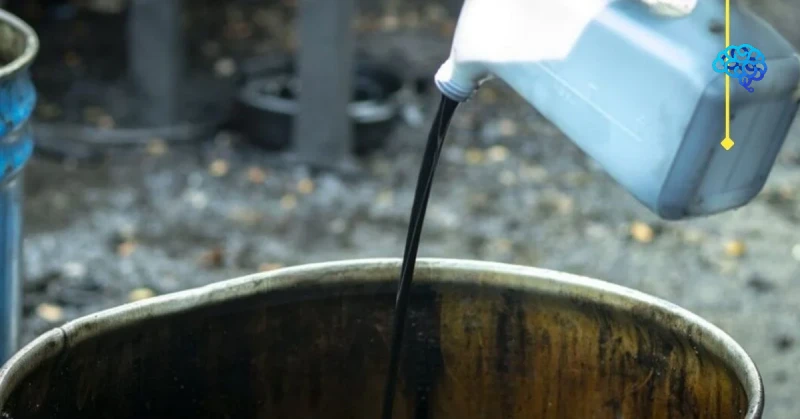Introduction to Oil Waste Management
The management of oil waste is a significant component of environmental conservation efforts. Proper handling and disposal of oil waste help prevent soil and water pollution, safeguarding ecosystems and public health. The challenge involves complex collection, treatment, and disposal coordination while adhering to environmental regulations.
In regions, dedicated services, such as those offered by oil waste treatment Orange County, NY, provide specialized and region-appropriate solutions for oil waste, ensuring that the local environment is preserved for future generations. Efficient management of such waste is a critical task that requires commitment and knowledge to address correctly.
Environmental Benefits of Proper Oil Waste Disposal
Oil waste can have debilitating effects on the environment if not correctly processed. Water contaminated with oil can be deadly to aquatic life and taint drinking water supplies. Soil quality suffers, jeopardizing agriculture and the habitats of countless organisms. Proper oil waste disposal and recycling eliminate these threats, fostering a cleaner and healthier environment.
These efforts support Environmental sustainability, contributing to the goal of preserving natural habitats and biodiversity. Initiatives that encourage the reduction, reuse, and recycling of oil products play a critical role in energy conservation and can even translate into financial savings for the community by reducing the demand for non-renewable resources.
Best Practices for Oil Waste Treatment
Oil waste should be treated with a high degree of responsibility and according to best practice guidelines. This includes identifying and segregating oil waste from other wastes, understanding the chemical properties of the waste oil, and using appropriate containment to prevent leaks and spills during storage or transportation.
Appropriate treatment practices may include:
- Recycling waste oil into usable fuel.
- Utilizing biological agents for bioremediation.
- Employing advanced technology for oil recovery and purification.
To ensure compliance with environmental standards, it is essential to refer to specific guidelines such as those provided by the Environmental Protection Agency (EPA), which offers comprehensive advice on storing, treating, and disposing of hazardous waste, including used oils.
Local Initiatives and Resources
Global communities are implementing programs and offering resources to facilitate proper oil waste treatment. These local initiatives often operate hazardous waste collection days, provide drop-off locations, and conduct educational programs to inform the public about the importance of responsible oil waste disposal. Safety standards, including proper labeling, safe handling, and emergency procedures, are critical aspects covered by these initiatives.
Locals can access standards and codes, such as those offered by the National Fire Protection Association (NFPA), which provide guidelines on the correct methods for storing and handling flammable and combustible liquids. Such community engagement is vital to the success of environmental protection efforts, encouraging active and informed participation from all stakeholders in the journey toward ecological sustainability.
Visit the rest of the site In Tech Times for more interesting and useful articles. Thank you!




